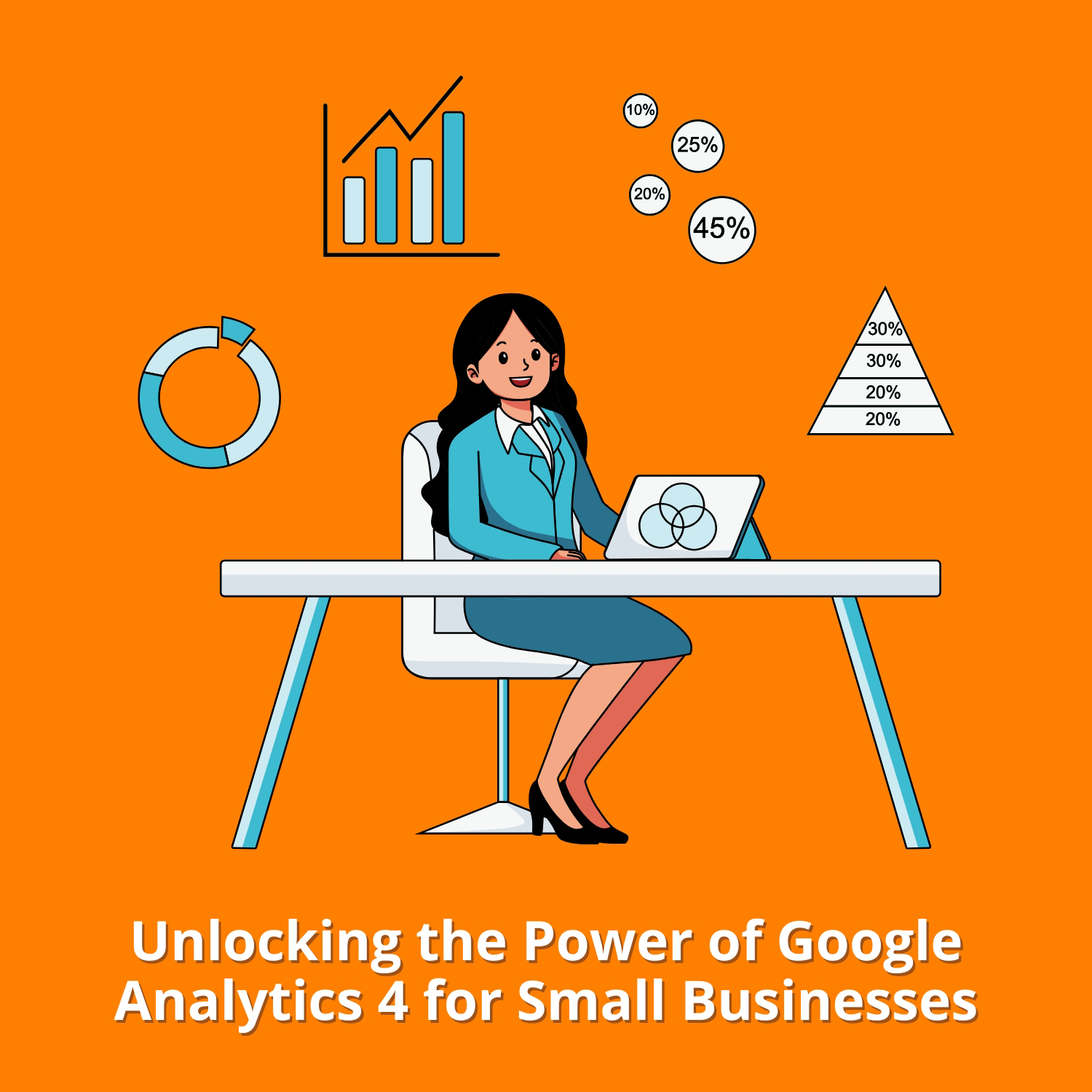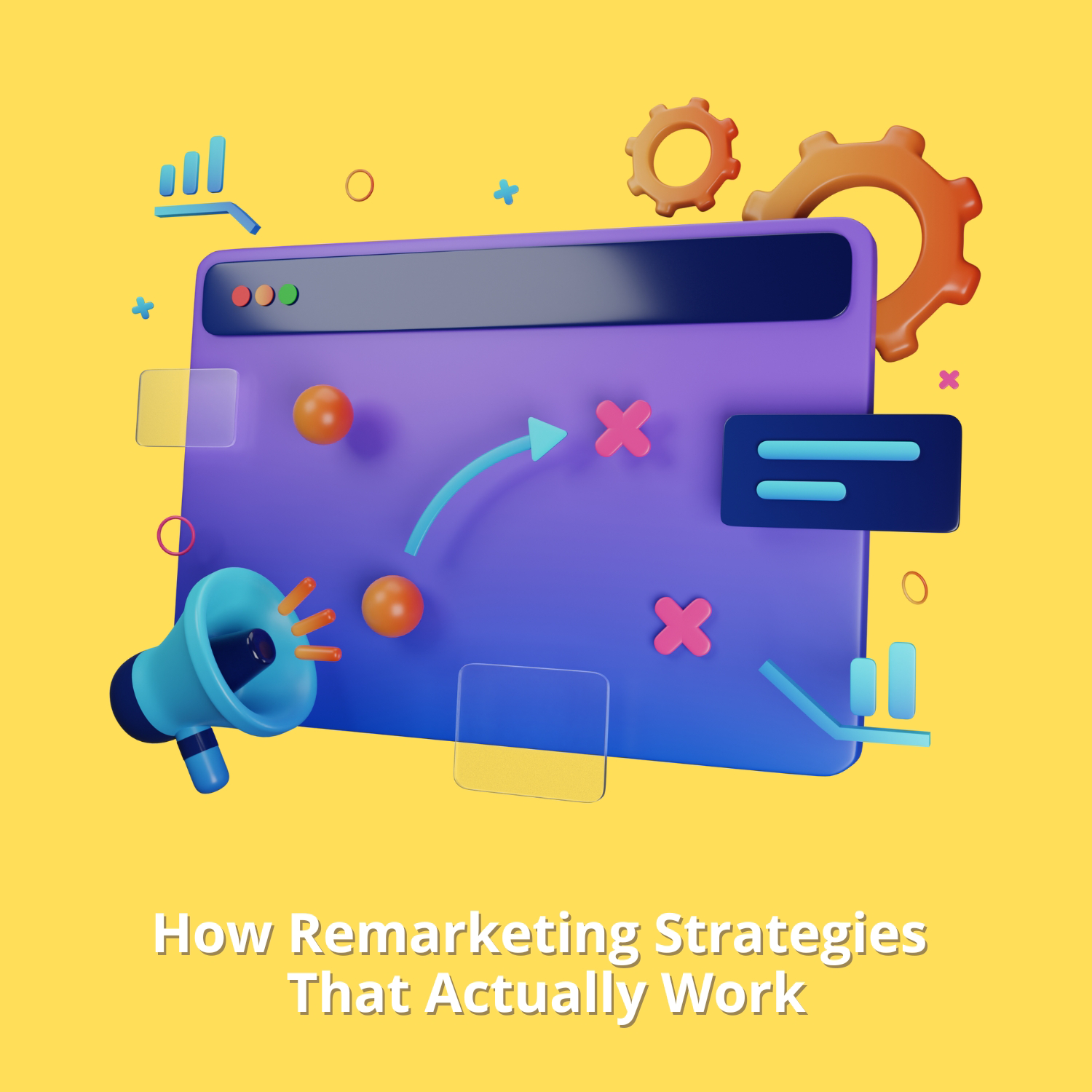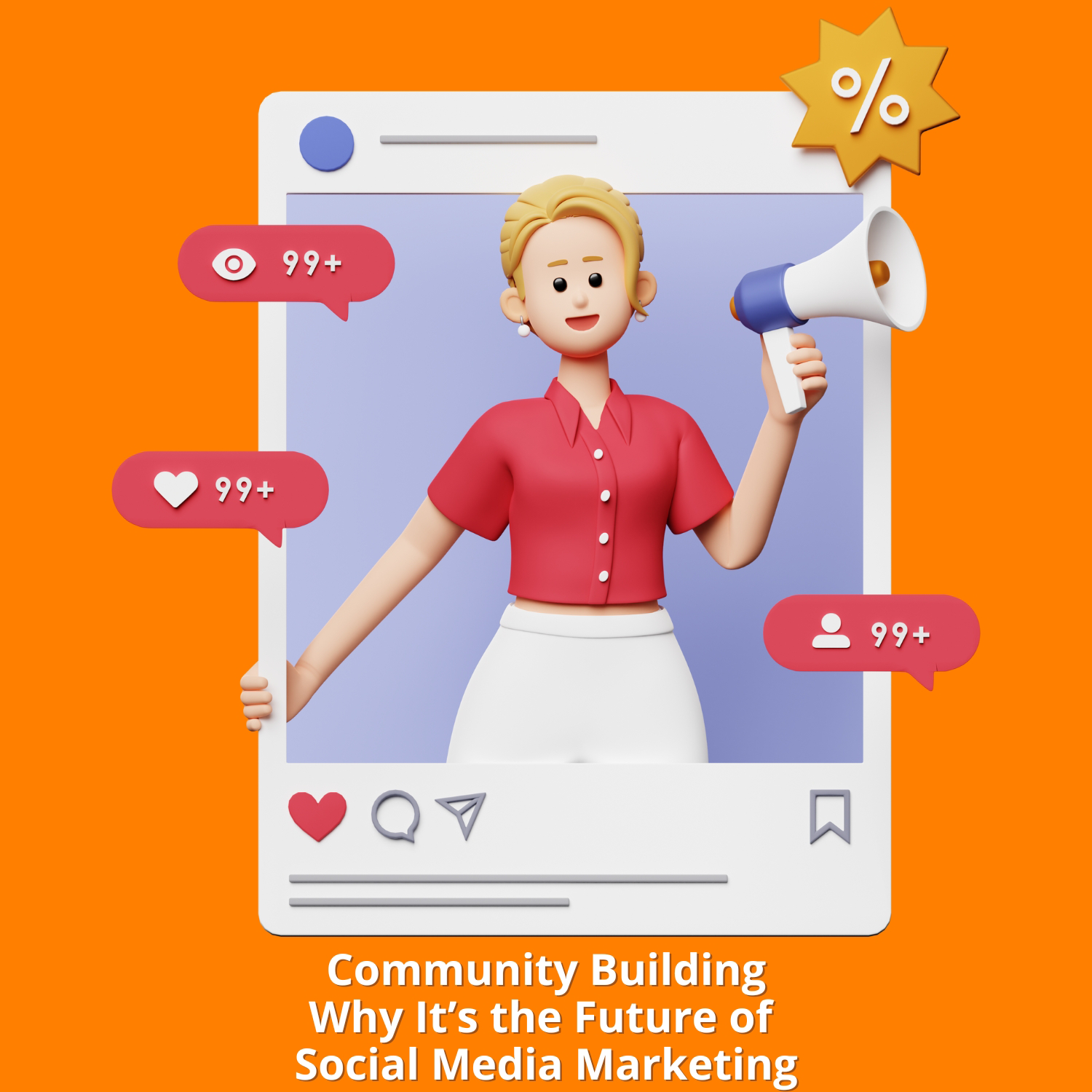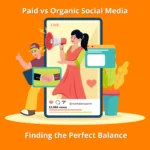Community Building: Why It’s the Future of Social Media Marketing
In the ever-changing landscape of social media marketing, one trend is emerging as a clear winner: community building. As audiences become more discerning, they seek deeper connections, authentic interactions, and a sense of belonging. Brands that foster genuine communities are not only creating loyal customer bases but also paving the way for sustainable growth.
In this article, we explore why community building is the future of social media marketing and how brands can effectively implement this strategy.
What Is Community Building in Social Media?
Community building in social media involves creating a space where people with shared interests, goals, or values come together to interact, share experiences, and engage with your brand. Unlike traditional marketing strategies that prioritize one-way communication, community building emphasizes mutual relationships and active participation.
Key features of a social media community include:
- Engagement: Two-way interactions between brands and audiences.
- Trust: Genuine connections that foster loyalty.
- Shared Identity: A collective sense of belonging.
Why Community Building Matters
1. Enhances Brand Loyalty
Communities foster a sense of belonging, encouraging members to remain loyal to the brand. Customers who feel valued and connected are more likely to:
- Make repeat purchases.
- Advocate for the brand within their circles.
- Forgive occasional missteps.
2. Boosts Organic Reach
A strong community becomes a self-sustaining ecosystem where members share content, recommend the brand, and organically amplify its reach. This minimizes dependency on paid ads and algorithms.
3. Facilitates User-Generated Content (UGC)
Community members often create and share content related to the brand. UGC serves as authentic, relatable testimonials that attract new audiences and enhance credibility.
4. Encourages Customer Feedback
Social media communities provide a direct line to customer opinions. Feedback gathered here can inform product development, customer service improvements, and marketing strategies.
5. Humanizes the Brand
Through communities, brands can showcase their personality, values, and commitment to their customers. This human touch sets them apart from competitors focused solely on transactions.
Strategies for Effective Community Building
1. Define Your Purpose
Start by identifying the purpose of your community. Ask yourself:
- What value will this community offer its members?
- What goals do you aim to achieve through this community?
Examples of community purposes:
- A fitness brand may create a community to share workout tips.
- A tech company may foster discussions about industry trends.
2. Choose the Right Platform
Different platforms cater to different types of communities. Choose a platform that aligns with your audience’s preferences and the nature of your community.
- Facebook Groups: Ideal for interest-based discussions and closed communities.
- Reddit: Great for niche topics and highly engaged users.
- Discord: Perfect for real-time chats and gamified engagement.
- LinkedIn Groups: Suitable for professional and B2B communities.
3. Engage Authentically
Community building requires active participation. Engage authentically by:
- Responding to comments and questions.
- Sharing behind-the-scenes content.
- Hosting live sessions to interact directly with members.
4. Encourage Member Contributions
Empower community members to contribute by:
- Hosting challenges or contests.
- Asking for input on decisions (e.g., new product features).
- Recognizing and celebrating member achievements.
5. Provide Exclusive Value
Give members reasons to stay engaged by offering exclusive value, such as:
- Early access to products or services.
- Special discounts or rewards.
- Insider information or tutorials.
Examples of Successful Community Building
1. Peloton
Peloton’s fitness community thrives on shared goals and mutual motivation. Members encourage each other through leaderboards, social media groups, and live classes. This sense of camaraderie has transformed Peloton users into brand ambassadors.
2. LEGO Ideas
LEGO’s platform allows fans to submit and vote on new product ideas. This not only engages the community but also incorporates their creativity into the brand’s offerings, making customers feel valued.
3. Fenty Beauty’s Social Media Movement
Rihanna’s beauty brand, Fenty Beauty, leverages inclusivity and representation to build a loyal community. The brand actively engages with fans and celebrates diversity, creating an authentic connection.
Overcoming Challenges in Community Building
1. Maintaining Engagement
Keeping a community engaged over the long term can be challenging. To address this:
- Regularly introduce fresh content and activities.
- Use data analytics to understand member preferences.
2. Handling Negative Feedback
In any community, disagreements and negative feedback are inevitable. Handle such situations by:
- Addressing concerns respectfully and promptly.
- Establishing clear community guidelines to maintain a positive atmosphere.
3. Balancing Scale and Intimacy
As communities grow, maintaining a sense of intimacy becomes harder. Strategies to mitigate this include:
- Segmenting larger communities into smaller subgroups.
- Assigning community managers to maintain engagement.
Measuring Success in Community Building
Track these metrics to assess the effectiveness of your community-building efforts:
- Engagement Rate: Monitor likes, comments, shares, and active participation.
- Member Growth: Track how quickly your community is expanding.
- Retention Rate: Measure the percentage of members who remain active over time.
- UGC Volume: Count how much user-generated content is being shared.
- Sentiment Analysis: Gauge the tone of conversations within the community.
The Future of Community Building in Social Media Marketing
As traditional advertising loses its appeal, community-driven marketing is poised to take center stage. Here’s why:
- Authenticity is Key: Audiences prioritize genuine interactions over polished ads.
- Focus on Relationships: Building relationships yields long-term benefits over one-time transactions.
- Rise of Decentralized Platforms: Platforms like Discord and Reddit emphasize user-led communities, shifting the power dynamic.
Brands that invest in nurturing communities today will be the ones thriving in tomorrow’s digital landscape.
Conclusion
Community building represents the future of social media marketing. By fostering genuine connections, empowering members, and delivering value, brands can create thriving ecosystems that drive engagement, loyalty, and growth. In an era where consumers crave authenticity and collaboration, building a community is no longer an option—it’s a necessity.











